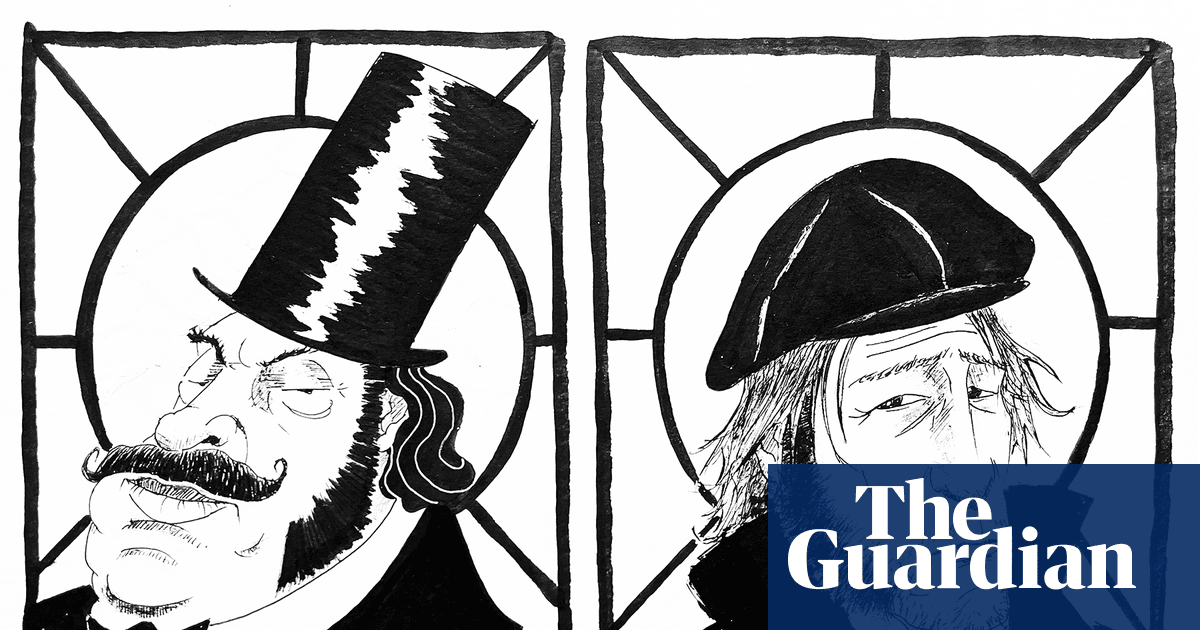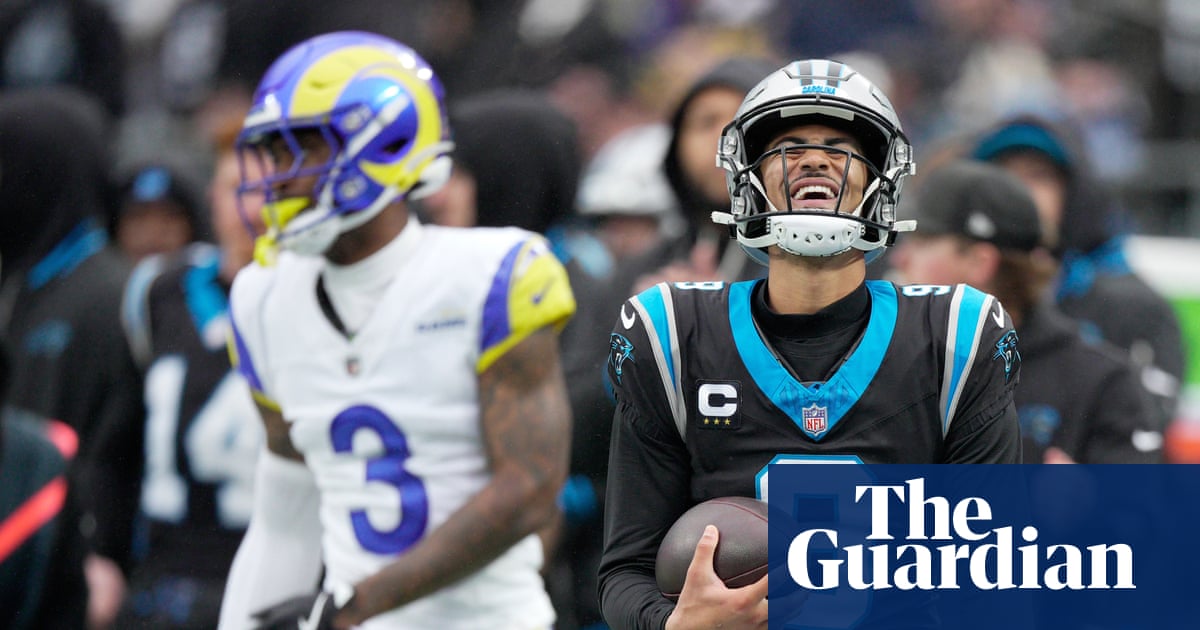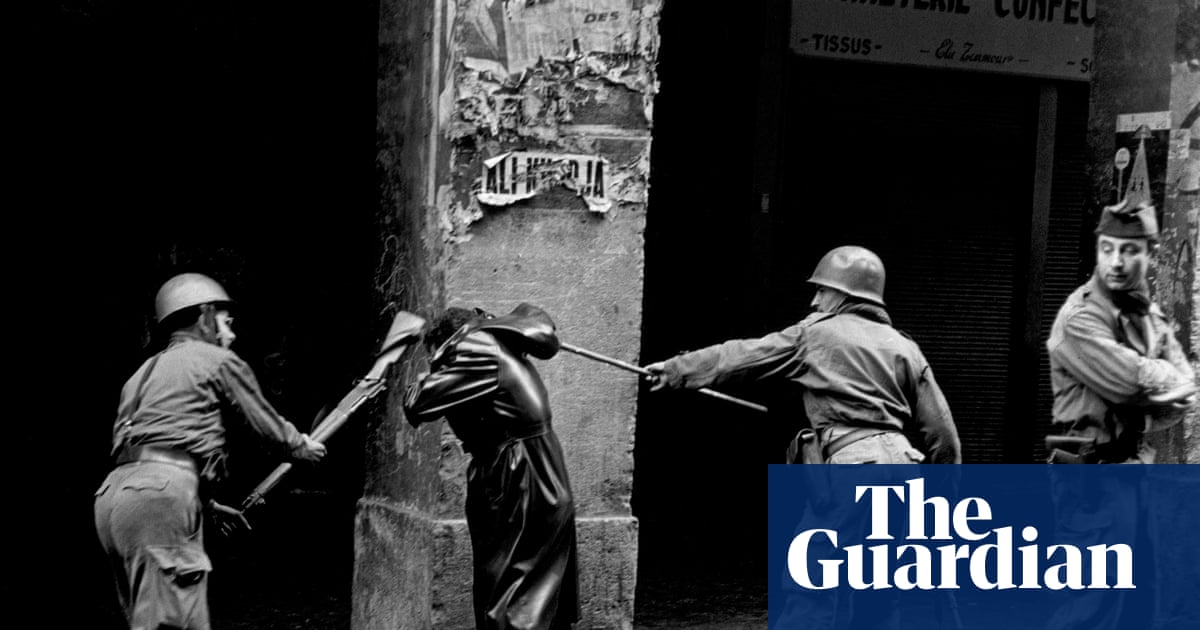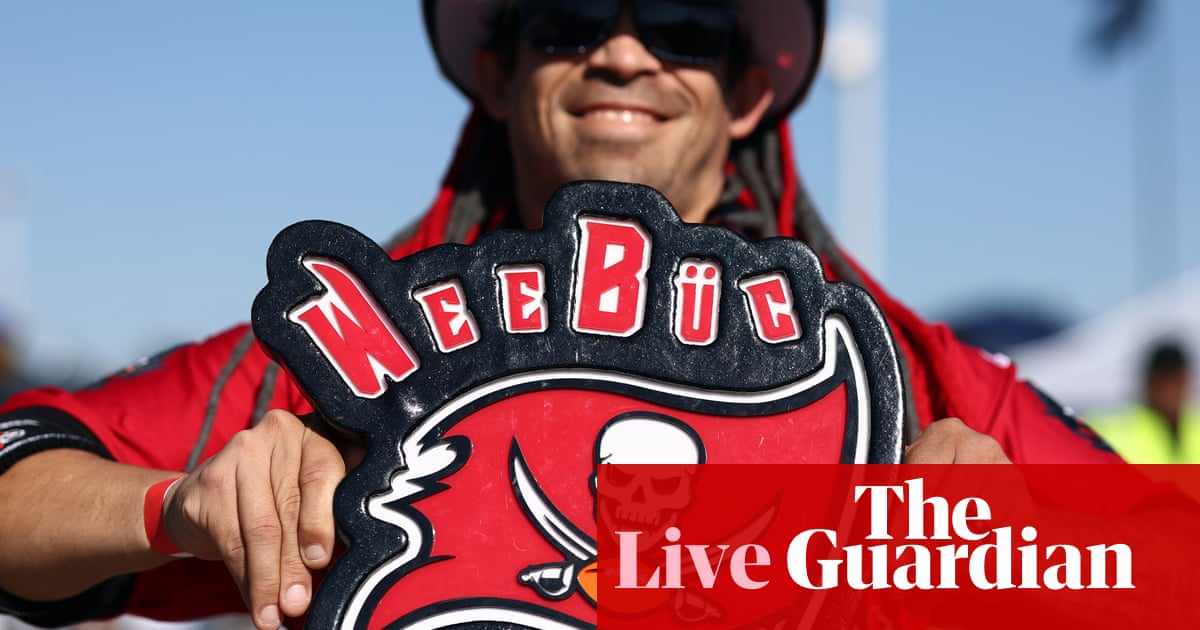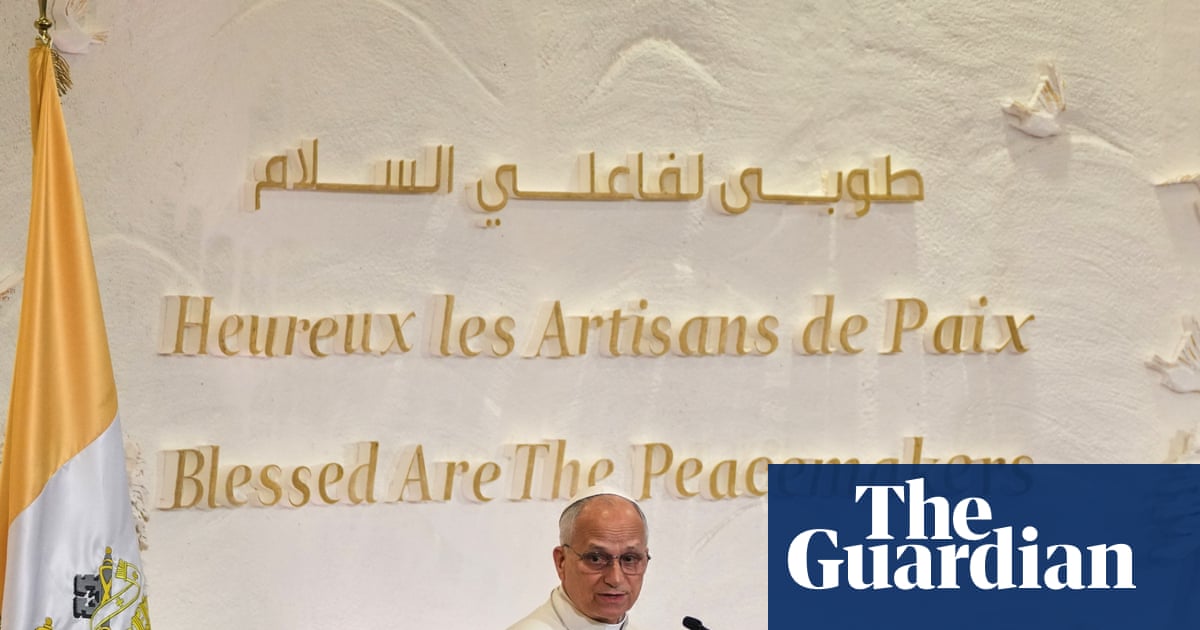Eddie Palmieri, the avant-garde musician who was one of the most innovative artists of rumba and Latin jazz, has died aged 88.
Fania Records announced Palmieri’s death Wednesday evening. Palmieri’s daughter Gabriela told the New York Times her father died earlier that day at his home in New Jersey after “an extended illness”.
The pianist, composer and bandleader was the first Latino to win a Grammy award, in 1975 for the album The Sun of Latin Music, and he would win seven more over a career that spanned nearly 40 albums. He kept releasing music into his 80s, even performing through the early coronavirus pandemic via livestreams.
Palmieri was born in New York’s Spanish Harlem in 1936, at a time when music was seen as a way out of the ghetto. He began studying the piano at an early age, like his famous brother Charlie Palmieri, but at age 13, he began playing timbales in his uncle’s orchestra, overcome with a desire for the drums.
He eventually abandoned the instrument and went back to playing piano. “I’m a frustrated percussionist, so I take it out on the piano,” the musician once said in his website biography.
In a 2011 interview with the Associated Press, when asked if he had anything important left to do, he responded with his usual humility and good humour: “Learning to play the piano well ... Being a piano player is one thing. Being a pianist is another.”
Palmieri dabbled in tropical music as a pianist during the 1950s with the Eddie Forrester Orchestra. He later joined Johnnie Seguí’s band and Tito Rodríguez’s before forming his own band in 1961, La Perfecta, alongside trombonist Barry Rogers and singer Ismael Quintana.
La Perfecta was the first to feature a trombone section instead of trumpets, something rarely seen in Latin music. With its unique sound, the band quickly joined the ranks of Machito, Tito Rodríguez, and other Latin orchestras of the time.
Palmieri produced several albums on the Alegre and Tico Records labels, including the 1971 classic Vámonos Pa’l Monte, with his brother Charlie as guest organist. Charlie Palmieri died in 1988.
Eddie’s unconventional approach would surprise critics and fans again that year with the release of Harlem River Drive, in which he fused Black and Latin styles to produce a sound that encompassed elements of salsa, funk, soul and jazz.
Later, in 1974, he recorded The Sun of Latin Music with a young Lalo Rodríguez, and the album became the first Latin production to win a Grammy. Eight-time winner Palmieri was instrumental in the creation of the best Latin jazz album category at the Grammys in 1995; when the category was eliminated in 2011, he accused the academy of “marginalizing our music, culture and people even further”. The category was reinstated the following year.
In the 1980s, he won two more Grammy awards, for the albums Palo Pa’ Rumba (1984) and Solito (1985).
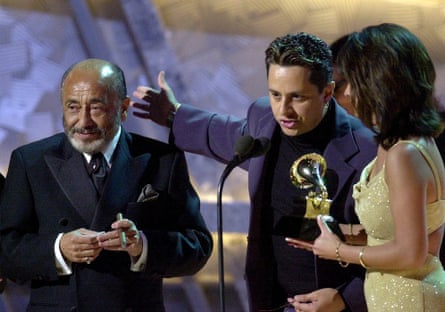
Palmieri released the album Masterpiece in 2000, which teamed him with the legendary Tito Puente, who died that year. It was a hit with critics and won two Grammy awards. The album was also chosen as the most outstanding production of the year by the National Foundation for Popular Culture of Puerto Rico.
During his long career, he participated in concerts and recordings with the Fania All-Stars and Tico All-Stars, standing out as a composer, arranger, producer and orchestra director.
In 1988, the Smithsonian Institution recorded two of Palmieri’s concerts for the catalog of the National Museum of American History in Washington.
Yale University in 2002 awarded him the Chubb fellowship award, an award usually reserved for international heads of state, in recognition of his work in building communities through music.
Over his career, Palmieri worked with renowned musicians such as timbalero Nicky Marrero, bassist Israel “Cachao” López, trumpeter Alfredo “Chocolate” Armenteros, trombonist Lewis Khan and Puerto Rican bassist Bobby Valentín.
In 2010, Palmieri said he felt a bit lonely musically due to the deaths of many of the rumberos with whom he enjoyed playing with.

 3 months ago
44
3 months ago
44


